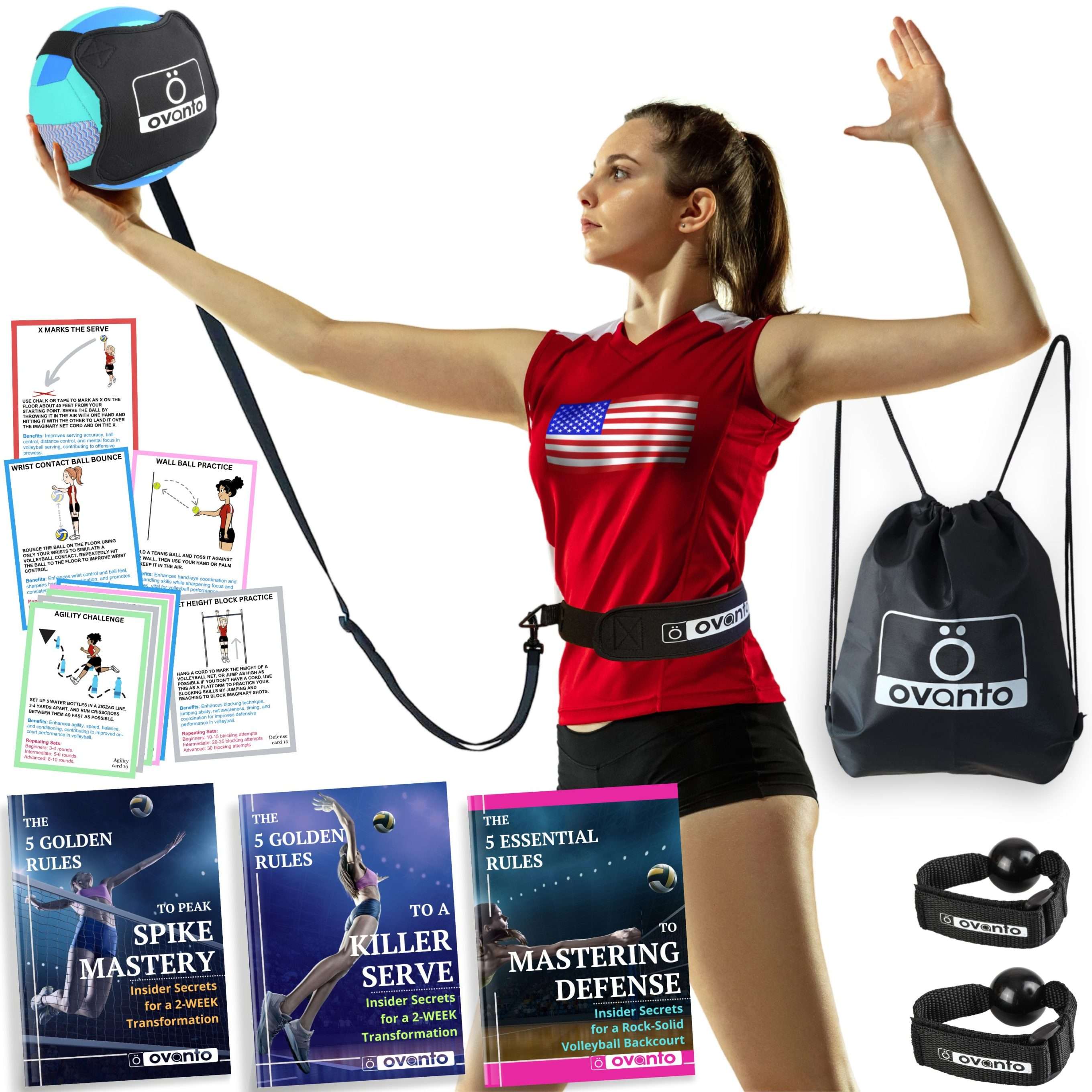How to Bounce Back After Losing a Volleyball Match
Turn defeat into motivation — not frustration
By Ovanto.org Team
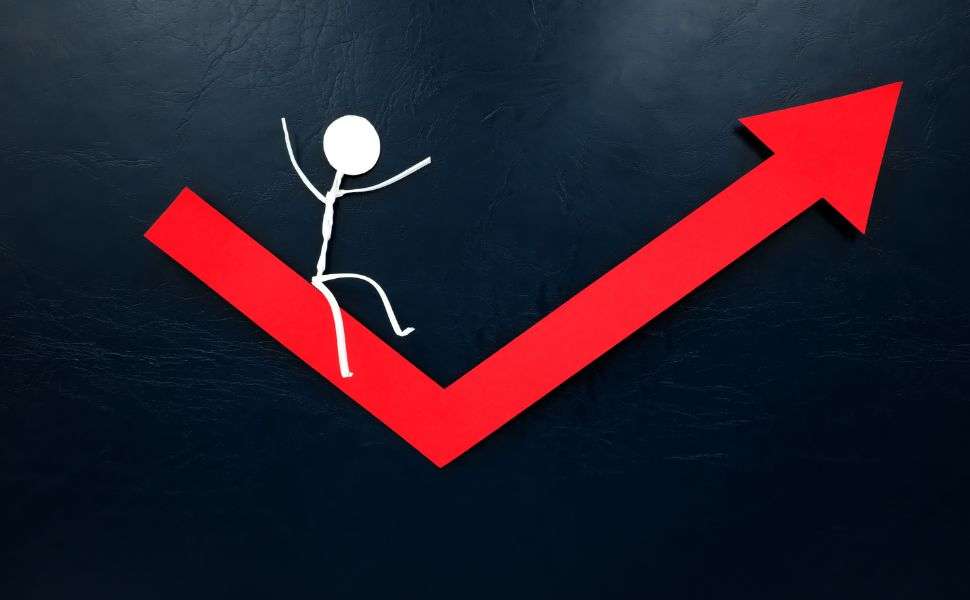
This article is in sync with our mission to contribute to the development of health culture and the growth of all disciplines of volleyball. We provide informative and educational content about volleyball training and the benefits of playing the sport.
Introduction:
Losing a match can feel like the end of the world — especially when you’ve trained hard, played with heart, and expected victory. But here’s what every experienced player eventually learns: losing is part of the process.
Even top athletes lose. Olympic champions, college teams, club players — all of them have faced moments of disappointment. What sets them apart isn’t perfection; it’s how quickly and wisely they recover.
Every loss hides a lesson, and those who find it come back stronger, smarter, and more confident.

1. Step Back Before You Step Forward
After a tough defeat, emotions are high. Maybe you’re frustrated at a missed point, an error, or a referee’s call. The first step is not to analyze — it’s to pause.
Give yourself time to cool down. Take a walk. Drink some water. Sit quietly.
Don’t rush to conclusions or criticize yourself or your teammates.
When you react emotionally, you close your mind to growth. When you breathe, reflect, and calm down, you open space for learning.
Remember: It’s one game — not your whole story.
Even professional teams watch replays after emotions settle, not right away.
That space between losing and reflecting is where growth begins.
2. Reflect, Don’t Regret
Once you’ve cooled off, it’s time to look back — not to punish yourself, but to understand.
Ask simple questions:
What went well today?
What could I improve?
Was my focus where it needed to be?
Did our communication break down?
Avoid general thoughts like “I played bad.”
Instead, identify specific areas — serving, passing, defense, or timing.
Small insights lead to big improvements over time.
Elite players use this mindset daily. They treat each match as a test, not a verdict.
You can do the same — and once you shift from “regret” to “review,” every loss becomes a powerful training tool.
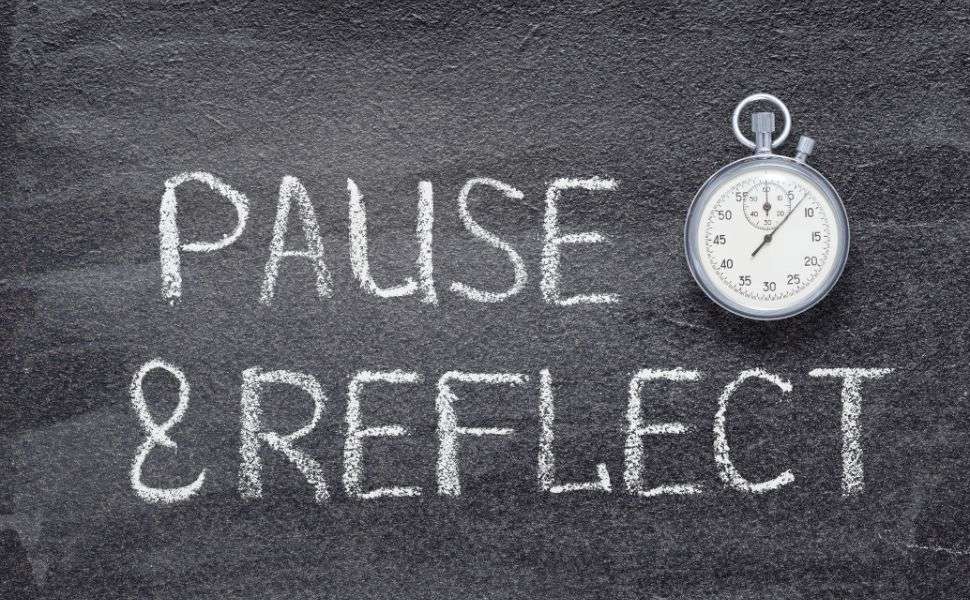
3. Talk It Out With Your Team
Volleyball is built on teamwork, trust, and shared responsibility. After a loss, it’s easy for tension to rise — but that’s also when communication matters most.
Gather as a group. Discuss openly what happened. Let everyone share their perspective.
A supportive discussion rebuilds confidence, clears misunderstandings, and strengthens unity.
Maybe one player felt pressure. Another didn’t understand a rotation.
By talking it out, you find solutions instead of resentment.
Teams that stay connected after a loss become unstoppable later.
If you’re a captain or senior player, this is your moment to lead with calmness and encouragement, not frustration.
You’ll earn respect — and help your team bounce back faster.
4. Turn Frustration Into Fuel
Losing is painful, but that pain can become your biggest motivator.
Channel it into effort, not anger.
Think of every emotion as energy you can redirect toward improvement:
Missed your serves? Practice 15 minutes more each day.
Struggled with passing? Focus on ball control drills.
Lost focus? Train your concentration through visualization.
When frustration turns into determination, your growth becomes unstoppable.
The greatest athletes don’t avoid failure — they feed off it.
They remember how losing feels and use it as fuel to prepare harder, smarter, and with purpose.
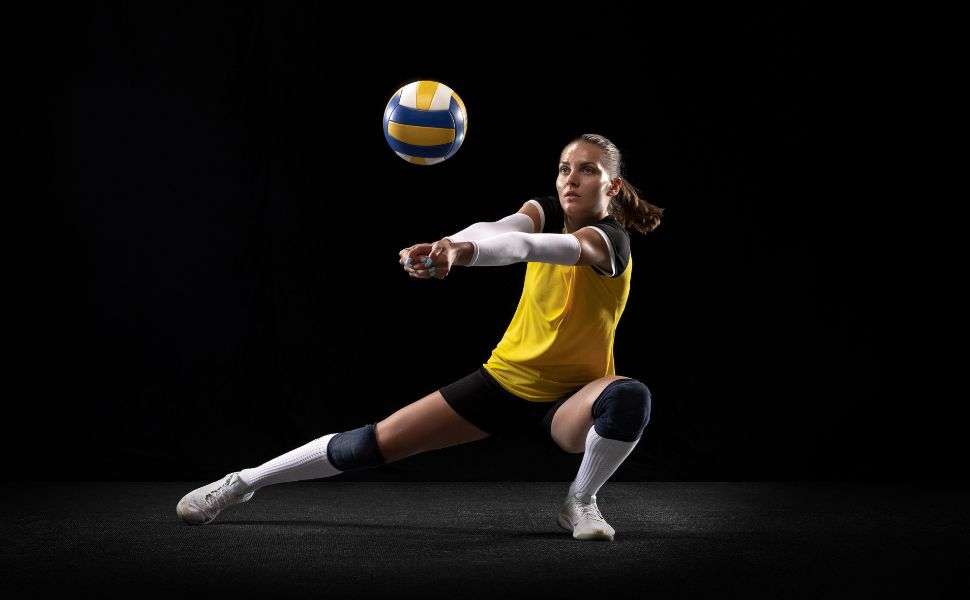
5. Reset Your Mindset Before the Next Match
After you’ve reflected and trained, it’s time to let the loss go.
Don’t carry the disappointment into your next game.
Reset your mind. Approach the next match with a clean slate.
Visualize success, not fear. Replace negative self-talk (“I always miss my serves”) with constructive ones (“I’ve practiced, I’m ready”).
Confidence doesn’t come from pretending you never fail — it comes from knowing you’ve overcome failure before.
That’s true strength.
And here’s something most players forget: consistency builds confidence.
Even a simple daily routine — stretching, journaling, short drills — helps you regain control and mental balance after a loss.
6. Celebrate Progress, Not Just Wins
Every athlete loves to win, but the best athletes love to grow.
If your passes improved, if your reactions were faster, if your communication was stronger — that’s a victory, too.
Volleyball is more than points on a scoreboard. It’s about learning discipline, teamwork, and emotional control.
Losing teaches all three better than winning ever could.
Growth happens quietly — in practices, routines, and reflections.
Celebrate that process, because it’s shaping you into a more complete player and a stronger person.
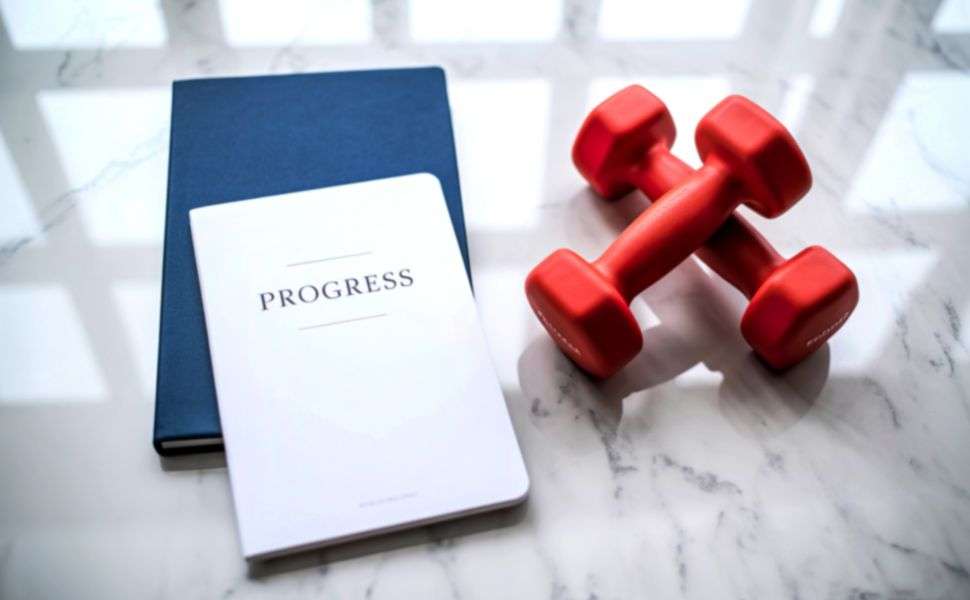
7. Learn from the Greats
Look at professional teams — even they lose, sometimes in painful ways.
But what’s their secret? They bounce back fast.
They review footage, adjust strategies, and show up at the next match with the same hunger.
That’s why they stay on top.
You don’t need a stadium crowd or a big trophy to do the same.
Every time you get back up after losing, you’re training your mind like a pro.
Conclusion: Fall, Learn, Rise, Repeat
Losing is temporary. Learning is forever.
The best volleyball players aren’t defined by perfect records — they’re defined by resilience.
Each defeat teaches humility, patience, and drive.
Each comeback builds confidence, leadership, and mental toughness.
So next time you lose, remind yourself:
“This is not failure — it’s feedback.”
Get back on the court, train with purpose, and let your next game show what you’ve learned.
Because every fall is just one step closer to your comeback.
Pro Tip: Train With Structure, Not Emotion
If you want to turn frustration into progress, don’t just train harder — train smarter.
Our Volleyball Trainers and 48 Volleyball Training Cards help players stay organized, track improvement, and stay consistent no matter their level.
Because the best revenge after a loss is steady, visible progress.
Disclaimer:
The training and mindset strategies discussed in this article are intended for general motivational and educational purposes only. Every athlete’s physical and emotional condition is unique. Players should use proper judgment, follow safety and coaching guidelines, and adapt exercises or routines to their abilities. Ovanto.org and its authors are not responsible for injuries, stress, or any results arising from applying this information.
Train wisely, stay positive, and grow through every challenge.




